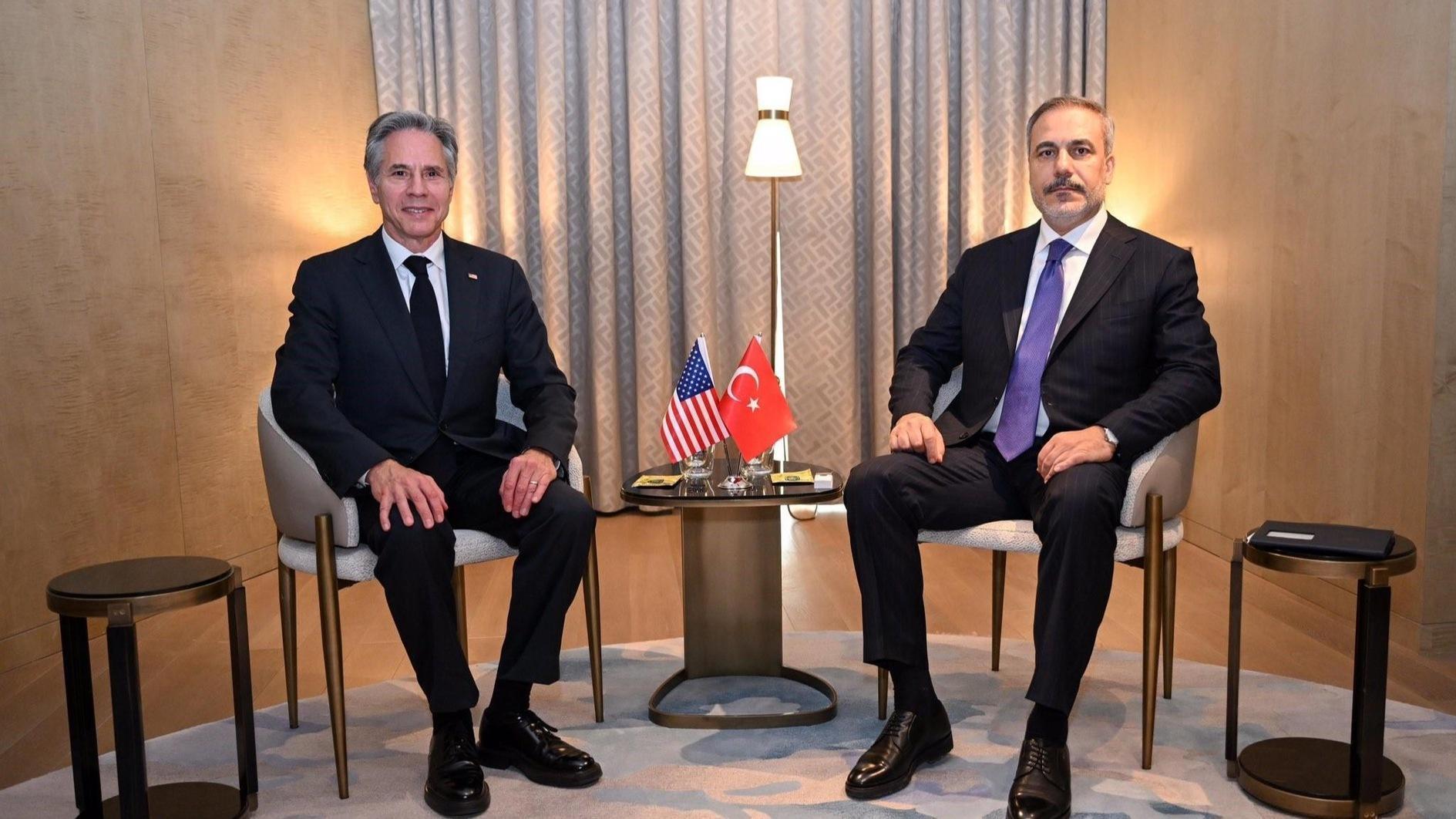Palestine breaks its UN jinx
Despite Israel’s snubbing of the result as ‘meaningless,’ the U.N. approval of Palestine’s statehood Nov. 29 is both meaningful and of historical importance.
It’s meaningful because Palestine has at last achieved state status, which it could have achieved simultaneously in 1948 with Israel if Arab states would have given them sufficient support at that time. Palestine, thanks to its friends, now managed to break its U.N. jinx and receive the support of 138 member states with only 9 objections and 41 abstentions.
The analysis of the votes is another indication of the importance of the result. The Nov. 29 vote made clear a most interesting detail of international politics. There is a bloc of six countries who always side with Israel when it comes to Palestinian issues, regardless of the subject. In addition to the United States and Israel, they are Nauru, Paulu, Micronesia and the Marshall Islands, remote Pacific Ocean Islands; no need to say anymore. The U.S. has failed to convince its strategic ally, the UK, to stand against Palestinian statehood, and the Czech Republic is alone in the whole European continent to do that. Israel is lonelier today than two days ago.
And did the U.S. work for Israel on this vote as much as it had been working in the previous U.N. votes? Because the case was half lost when Mahmoud Abbas, the Head of State of Palestine, applied to the U.N. for a statehood vote where a simple majority was needed, perhaps the U.S. did not want to waste its time and energy that much. The other half was lost during Israel’s last military operation into Gaza. Perhaps there was an ulterior motive in the minds of the Israeli members of the cabinet, such as making the Gaza operation a bargaining chip versus a Palestinian withdrawal of the U.N. application. But thanks to the uproar in the international community, the U.S. had to force Israel to agree to a ceasefire with Hamas after the successful mediation carried out by Egypt and helped by Turkey and Qatar.
Turkey’s contribution to the success of Palestine statehood in the U.N. is worth highlighting. It is no coincidence that Turkish Foreign Minister Ahmet Davutoğlu was the first one to congratulate Abbas after the vote in the Assambly Hall and that the first place Abbas visited as he left the U.N. building was the Turkish House, where a reception in his honor had been organized.
Turkey has always supported the right of Palestinian people to exist, as it supported Israel’s right to exist. But one could find an extra effort this time that could be traced back to the Mavi Marmara tragedy in 2010 in which nine Turks were killed by Israeli soldiers. Because of Israel’s refusal to apologize, Turkey – the first Muslim-populated country to recognize Israel and the nation with whom Israel used to have the best relations with – has no political relations with the country now. Another result of the Palestine vote in the U.N. is that it was wrong to assume Turkey was the party that continually lost all the time because of a lack of relations with Israel; Israel loses, too.











